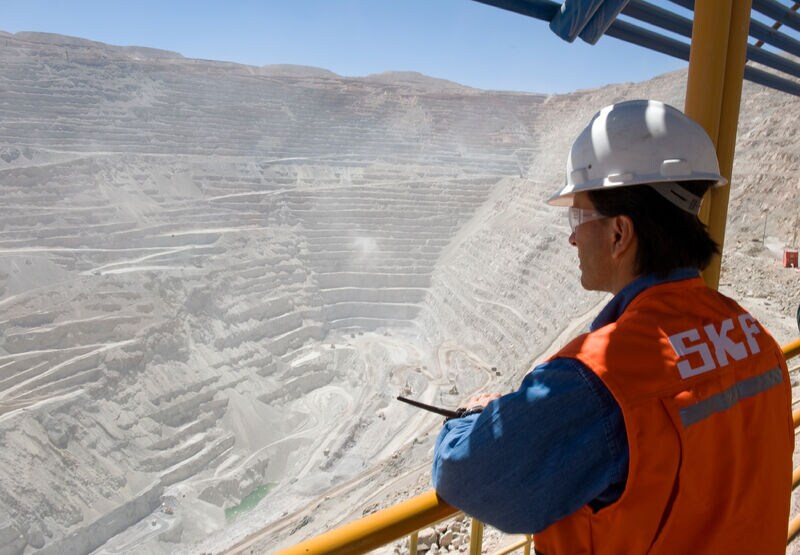Legislators are increasing the pressure on mining companies to reduce their CO2 emissions, activists use radical actions to stop projects that they see as harmful to the environment, and investors are putting less money into fossil fuel-based plants. But blaming the industry is much too short-sighted.
No energy transition without raw materials
One thing often overlooked in this controversial debate is that the energy transition’s success hinges on the mining industry. After all, the industry supplies the materials needed to build and operate wind turbines, such as dysprosium and neodymium, for example. These metals are found in the alloys of the magnets used in turbine generators. A single five-megawatt wind turbine requires a truckload of this alloy.
With wind energy booming worldwide, demand for neodymium and dysprosium is expected to rise sharply in the coming years. The mining of rare piles of minerals is therefore essential for driving the clean energy economy of the future.
Nevertheless, commodity trading firms can and will work hard to switch to environmentally sustainable production and thus gain the trust of consumers and legislators.
Making the raw materials industry more sustainable
More and more of these companies are running their mining operations on renewable energy. There are several possibilities of doing this:
- Generate your own green power. Resource companies are installing renewable energy sources near the mining facility.
- Take advantage of pooling opportunities. Several commodity trading companies have collectively committed to buying renewable power – helping ensure a return on investment.
- Purchase renewable power. Commodity traders enter into contracts with a sustainable generator, committing to purchase energy on specified terms.
To reduce their carbon footprint, some major companies are already relying on wind and other sources of energy. Rio Tinto, for example, runs a copper mine in Utah on wind energy, saving around 65 percent in CO2 emissions. Anglo American also uses renewable energy to operate its mines in Chile and has even managed to save 70 percent. It seems as if politics and society need to undergo a complete change of mindset, as the alleged climate killer, mining, is rapidly transforming itself into a climate saver.



